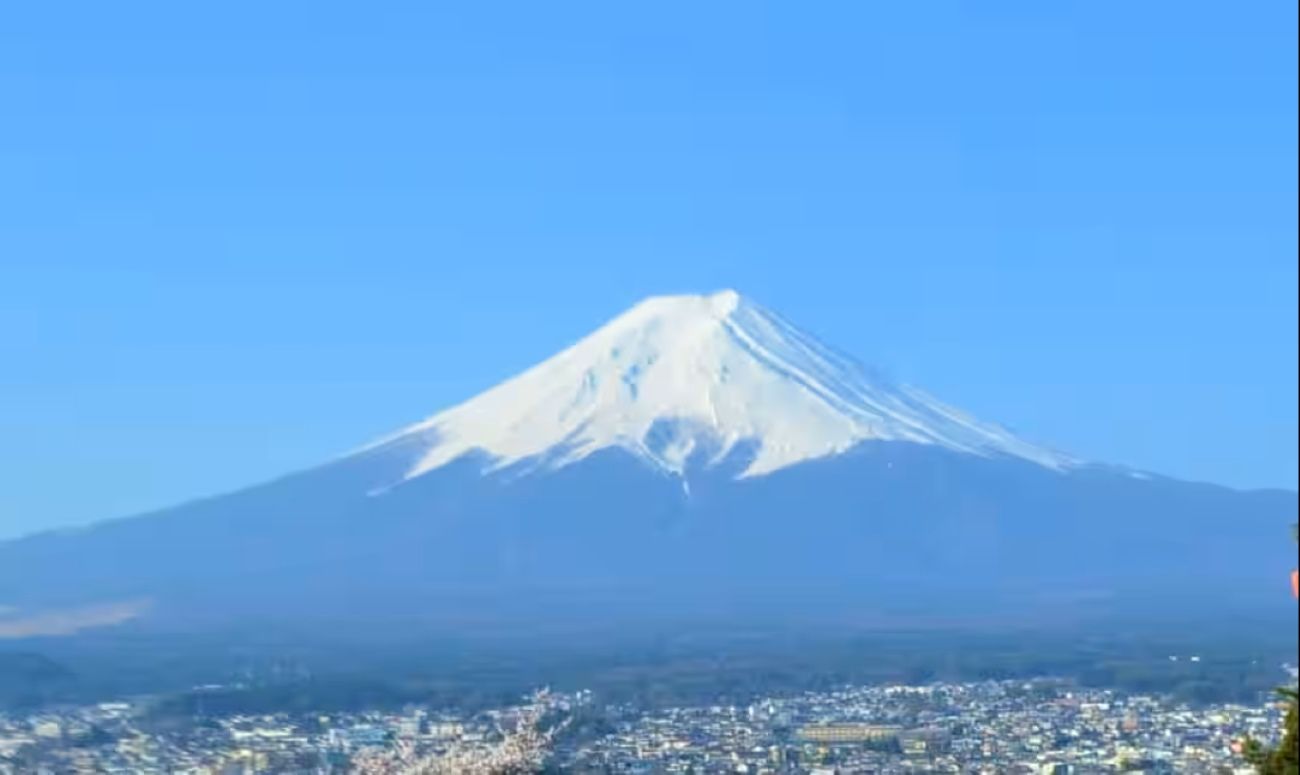Make Reckless Mount Fuji Climbers Pay for Their Rescue
日本一の山・富士山に、今「救助のあり方」をめぐる新たな動きが起きています。冬場の登山シーズン外に無謀な挑戦をする人が後を絶たず、命を守るためのヘリ救助に多額の費用がかかっているそうです。 そこで山梨県などでは、救助費を一部自己負担にする案が検討されているとのこと。あなたは、誰もが安心して登山を楽しむために、どんなルールや仕組みが必要だと思いますか?講師と話し合ってみましょう。

1.Article
Directions: Read the following article aloud.
※本ページは出典ニュース記事を要約した英文です。
A recent series of accidents on Mount Fuji has involved off-season climbers lacking the necessary equipment and preparation. Reasonably considered, individuals who ignore warnings should cover at least part of the costs of their rescue. That is the only way to discourage reckless and off-season climbing of Japan’s highest mountain.
The two prefectures should move to make the fee a reality. In the process, they should discuss the areas it will cover and what share of the costs rogue climbers would be required to pay.
Repeated Trouble with Off-season Climbers
Shizuoka and Yamanashi prefectures began considering the matter after a Chinese university student got in trouble twice on Mount Fuji in April. The first time, he ignored that the mountain was not open for climbers. Then, when he found himself unable to move near the summit, he had to be rescued by a Yamanashi Prefecture disaster prevention helicopter.
Learning nothing from that experience, he was back on the mountain four days later. He later claimed he had returned to retrieve his smartphone and other personal items left behind on the summit during his earlier failed climb. This time, the Shizuoka Prefectural Police Mountain Rescue Team had to rescue him.
In May, two other Chinese men briefly found themselves unable to move, and rescue teams were activated. They eventually managed to get down the mountain under their own power. Even in June, there is an elevated risk of getting in trouble on Mount Fuji due to occasional snow and high winds. For this reason, the official period set for climbing to the summit is limited to between early July and early September. Outside of these periods, the hiking trails are closed.
Off-season rescue operations can also be dangerous. Not only do they require considerable effort and expense, but there is also the risk of secondary disasters due to wind gusts and other unexpected complications. The number of climbers showing a shocking lack of common sense and disdain for the rules has, therefore, triggered concern.
Deterring Risky, Offending Behavior
It is only natural that local governments would ask such offenders to pay for their rescues. If it costs people a reasonable amount if they get into trouble, they may think twice about such risky behavior.
Originally, mountain rescue operations by helicopter were generally conducted by the private sector on a commercial basis. For such rescues, the costs could range from hundreds of thousands to millions of JPY (thousands to hundreds of thousands of USD). Therefore, climbers were advised to obtain mountain climbing insurance before heading for the mountains.
However, after the Great Hanshin Earthquake (1995), local governments' use of disaster prevention and police helicopters became widespread. Since then, for the most part, rescues have been a public sector function.
In principle, taxpayers pay for such services, and they are free to those rescued. However, all too often these days, people request rescues that are not necessary.
Things have started to change in some parts of Japan. Saitama Prefecture, for example, implemented an ordinance in 2018 that requires the collection of a fuel charge. Initially, the charge was set at ¥5,000 JPY ($35 USD) for every five minutes of helicopter rescue operations in certain mountainous areas. That was raised to ¥8,000 ($56 ) for five minutes since April 2024. Such an approach might also work for Mount Fuji.
Besides introducing fees, it is also imperative that climber ethics improve. People who get in trouble in the mountains risk not just their own lives. They should bear in mind that their actions also put their rescuers in harm’s way.
本教材は、一般社団法人ジャパンフォワード推進機構、株式会社産経デジタルより許諾を得て、産経ヒューマンラーニング株式会社が編集しています。
テキストの無断転載・無断使用を固く禁じます 。
